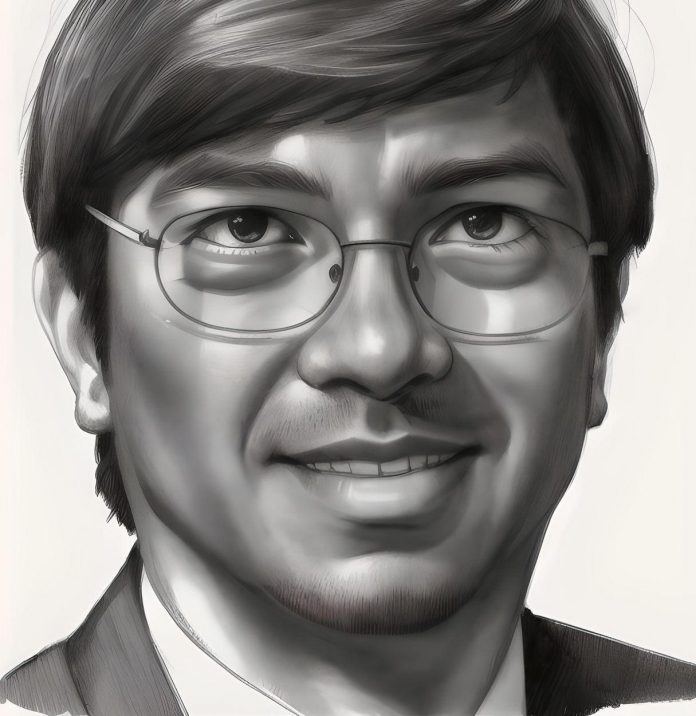Guest contributor
James Shwe
As Myanmar has endured severe military oppression that has stifled its emerging democracy, the critical role of international narratives and local advocacy in shaping the conflict’s trajectory becomes increasingly evident.
The Myanmar military’s sophisticated use of violence and manipulation, including the exploitation of ethnic and religious divides, underscores the urgent need for a coherent and robust global response.
From 2021 to 2023, the Myanmar military launched over 1,400 airstrikes, illustrating its brutal tactics not only to crush resistance but also to demoralize the civilian population.
Internationally, it portrays the resistance as the cause of the populace’s suffering, arguing that oppressive measures are necessary to restore order and ensure the economic prosperity of neighboring countries.
This narrative suggests that the resistance prolongs the people’s suffering and negatively impacts regional commerce.
Furthermore, by intentionally disrupting and delaying humanitarian aid, the military heightens the humanitarian crisis, depicting the situation as too chaotic for the resistance to manage effectively.
This strategy is designed to erode the morale of the resistance and diminish international support. The military aims for a “negotiated solution” that would entail only superficial concessions, thereby maintaining the status quo with minimal change.
Such tactics rely heavily on the international community’s perceptions and responses, with historical evidence suggesting that passive non-intervention in violent conflicts often strengthens oppressors and prolongs suffering.
True peace involves not just the cessation of conflict but the active presence of justice and the protection of human rights.
While international activism is crucial for highlighting the atrocities committed by Myanmar’s military, it must be carefully managed to avoid reinforcing the military’s narratives.
It is essential to focus on the resistance’s strengths and provide constructive support, rather than unintentionally undermining their legitimacy.
The controversy surrounding non-lethal aid from countries like the U.S. reveals deep divisions within the international community. Some activists contend that this aid exacerbates the conflict, neglecting its essential role in empowering civilians and preserving human rights.
Non-lethal aid, including communication tools, medical supplies, and protective equipment, is crucial for supporting the resilience of the civilian population and resistance groups.
Opposing such aid inadvertently supports the military’s strategy of isolating and incapacitating the civilian population to maintain control.
In response to these complex challenges, establishing local advocacy groups that leverage existing social and personal connections is proposed.
Including individuals from Myanmar’s diverse ethnic, religious, and social backgrounds, these groups aim to foster a richer, more authentic dialogue and understanding among community segments.
This collaborative environment promotes unity and facilitates the sharing of truthful information and critical analysis, countering misinformation and shaping informed international discourse.
Local advocacy groups benefit significantly from the accessibility of congressional representatives in the U.S. political system.
By leveraging their constituent power, these groups can directly engage with lawmakers, uniquely positioning them to influence U.S. foreign policy towards Myanmar.
This strategic engagement ensures that the voices of Myanmar’s diaspora are effectively heard in the halls of Congress.
The strategic importance of local advocacy in influencing U.S. foreign policy was demonstrated by the recent reconciliation of the 2024 appropriations to $121 million USD by the Senate, a significant increase from the $50 million USD initially proposed by the House.
This success, driven by local advocacy groups engaging with their congressional representatives, underscores the potent impact of well-organized grassroots movements in shaping legislative outcomes that support Myanmar’s democratic aspirations.
Local advocacy groups coordinate their efforts nationally and internationally through the National Unity Government (NUG) Ministry of Foreign Affairs office in Washington, D.C.
This centralized coordination is strategic, facilitating a unified approach and streamlined communication. It is crucial to note that these efforts are not intended to advance the NUG political agenda but to operate as independent grassroots advocates advocating for the people of Myanmar.
Myanmar’s situation demands a well-informed, strategically implemented international response, supported by robust local advocacy. By fostering an inclusive and unified front, both locally and internationally, we can help restore peace and democracy to Myanmar, ensuring a just society where the rights of all are respected.
James Shwe is a Myanmar democracy activist in the U.S. and is a member of the advocacy groups Free Myanmar and the Los Angeles Myanmar Movement. He has been trying to organize and motivate the Myanmar diaspora to advocate for democracy in Myanmar.
DVB publishes a diversity of opinions that does not reflect DVB editorial policy. We’d like to hear what you think about this or any of our stories: [email protected]



